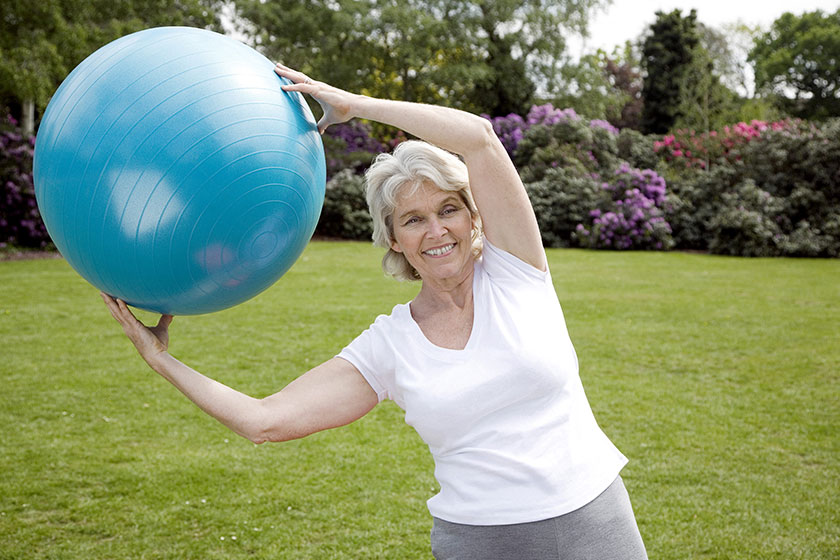Cardiovascular disease remains a leading health concern across the globe. However, as one transitions into a retirement community, such as senior assisted living home in Cavetown, MD, there are specific habits they can embrace to mitigate the risks. This article sheds light on several lifestyle habits one should consider adopting to foster heart health during their stay in a retirement setting.
Understanding Cardiovascular Risks With Age
Aging naturally brings about changes in the cardiovascular system, which might elevate the risks of diseases. Factors such as narrowed arteries or a weakened heart muscle can contribute to these issues. Recognizing these risks and actively working to manage them can make a significant difference in overall health and longevity.
9 Healthy Lifestyle Habits for Heart Health
- Regular Physical Activity: Engaging in suitable physical exercises tailored to individual capabilities can be instrumental in enhancing heart health. Many retirement communities provide organized sessions that encourage residents to stay active, such as morning walks or light aerobics.
- Balanced Diet: Consuming a heart-healthy diet rich in vegetables, fruits, lean proteins, and whole grains is vital. Eliminating excessive salt, saturated fats, and processed sugars is equally crucial.
- Regular Health Screenings: It is essential to undergo regular health check-ups that focus on heart health parameters, including blood pressure, cholesterol levels, and more.
- Mental Well-being: Stress can be a silent contributor to cardiovascular issues. Engaging in relaxation techniques, meditation, or activities that promote mental health can be beneficial. Participating in retirement community events can also help in promoting social engagement and mental well-being.
- Limiting Alcohol and Tobacco: Reducing alcohol intake and avoiding tobacco products are among the most effective ways to reduce cardiovascular risks.
- Maintaining a Healthy Weight: Being overweight can add unnecessary strain on the heart. Regular exercise combined with a balanced diet can assist residents in maintaining a healthy weight range.
- Staying Informed: It is crucial for residents and their families to stay informed about heart health, latest findings, and best practices. Knowledge can be a powerful tool in the prevention of diseases.
- Medication Management: For those already on medication, adhering to prescribed dosages and routines is essential. Also, regular consultations with health professionals can ensure that the medication remains effective and appropriate for the individual’s condition.
- Specialized Care Attention: Some individuals might need additional care, such as those provided in senior memory care settings, which caters to residents with specific health concerns, ensuring they receive appropriate care.
Collaboration for Optimal Heart Health
The journey to preventing cardiovascular diseases in a senior assisted living home in Cavetown, MD, is not a solo endeavor. It requires collaboration between the individual, their family, and the retirement community’s health professionals. By creating an environment that promotes heart health, everyone plays a role in ensuring a long, healthy, and fulfilling life for the residents.
The golden years should be spent in good health, enjoying the richness of life in a retirement community. By adopting the above habits and leveraging the resources available within the community, residents can significantly reduce the risks associated with cardiovascular diseases. After all, the heart’s health is not just about beating the odds; it is about enjoying every beat of life in its fullness.







